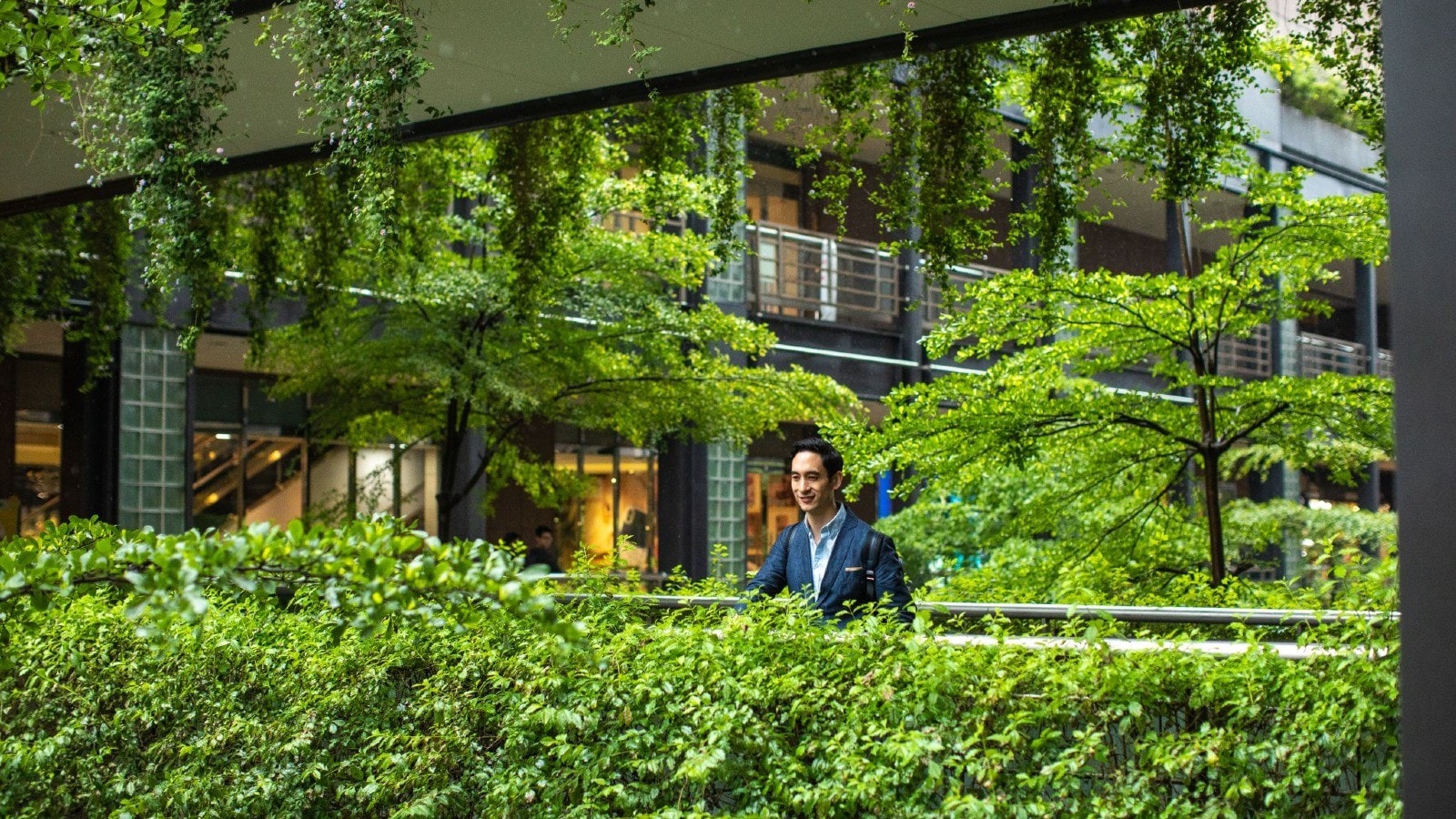Download the full publication
Financing net zero
Making the transition to a net zero economy will need multilateral cooperation and significant financial support. NETR estimates that Malaysia will need up to RM1.85 trillion to support the nation’s energy transition initiatives - 18% of funding is required primarily in renewable energy power generation and green mobility.
Despite being a major undertaking for the country, there are value creation opportunities for forward thinking companies. But, are Malaysia businesses ready to grab these investment opportunities?
Estimation of Malaysia’s energy transition financing needs based on NETR
To thrive, Malaysian businesses will need to reinvent
Based on PwC’s 27th CEO survey, 85% of Malaysian CEOs are in progress of energy efficiency improvements and innovation of new, climate-friendly products, services or technologies respectively. That being said, Malaysia’s current decarbonisation rate is still at 2.5% - behind what is required to meet the nationally determined contributions target of 7.2%.
The imperative to accelerate decarbonisation efforts is clear. In light of rising inflationary costs and investor pressure, companies will need to find the right areas to invest for a greener future.
Through our work, we found that….
Corporate Malaysia generally had a greater understanding of net zero initiatives after NETR was launched. However, they still face difficulties in their energy transition journey.
Main hurdles companies face in their energy transition journey are:
- Budget financing
- Unaware of impact
- Uncertainty in return on investment
Key factors that keep companies at the preliminary stage of their energy transition journey:
- Lack of resources
- Lack of awareness
- Not impacted by energy transition regulations
- Lack of incentives
Companies in the intermediate stage of their energy transition journey do not have a sufficient level of understanding in terms of skills/jobs required to operate under a lower-carbon model.
Opportunities in the value chain
Contact us

















